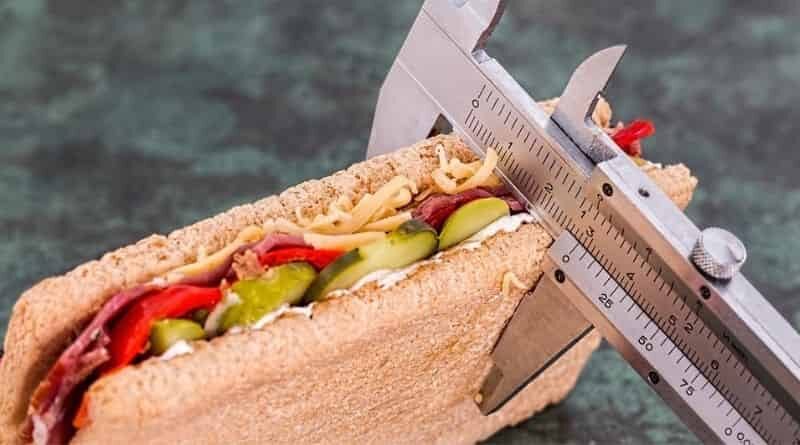How to Get the Best Results From Intermittent Fasting
Most people discover intermittent fasting (IF) while looking for ways to achieve sustainable weight loss results. However, there are many benefits of intermittent fasting that go beyond simply losing weight.
IF has been shown to improve many aspects of health and well-being, including better gut health, improved digestion, boosted brain health, higher life expectancy, and more. However, subtle mistakes when practicing this diet regimen could get in your way of getting the best results. Keep these tips in mind to help you make the most of intermittent fasting.
Table of Contents
Consider What You Eat
Whether you want to do the 5:2 method, a 16-hour fast, or One Meal a Day (OMAD), what you eat during your eating window matters. Many people make this mistake when practicing IF, especially when breaking a fast to eat a meal dominated by refined carbs and low-nutrient foods.
To get the best results from intermittent fasting, it’s important to eat meals that are healthy and balanced.
Stay Hydrated
When you’re practicing intermittent fasting, your body loses more water due to the glycogen stores being depleted from not eating. Because of this, it is important to make sure you are drinking enough water to prevent headaches and dehydration.
In fact, drinking enough water can help you stick to your fasting windows. Many people will confuse thirst with hunger when fasting – it’s not uncommon to feel like you have a craving for food when really your body needs more fluids.
Drink Black Coffee
Drinking water, tea, or coffee is allowed during intermittent fasting, but one mistake many people make, especially when first starting out, is putting a splash of milk or sugar in their coffee or tea.
Unfortunately, these subtle additions can add up to have significant effects and may even prevent you from getting the results you want over time. Milk or sugar in your morning coffee might not seem like such a big deal, but if you are fasting, this will break the fast by raising your blood sugar and insulin levels (and they have calories, which you want to avoid when fasting).
Read: Diet Programs
Avoid Artificial Sweeteners
Sugar-free drinks are a popular choice for dieters or those who prefer drinking soda or juice without a lot of added sugar in general. However, drinking these kinds of drinks can also prevent you from achieving the success you seek with intermittent fasting.
Common sweeteners like stevia or aspartame will not increase your blood sugar levels; however, studies have found that they can stimulate insulin secretion, along with erasing healthy gut bacteria. They can also trigger cravings for sweet foods and add to your hunger levels when fasting.
While stevia and aspartame are not off the table, it’s safe to say that the best option for liquids during intermittent fasting are zero-calorie drinks like water and unsweetened tea or coffee.
Reduce Stress
Finally, stress is a big factor that should not be overlooked when intermittent fasting. If stress levels are too high, weight loss is often more difficult. This is due to the body releasing more cortisol than is healthy for us, leading to a spike in blood sugar – and unhealthy food options.
Read: Keto Diet
Conclusion
If you want to improve your health and lose some weight, it’s important to know how to get the most from the intermittent fasting method.
Make sure you follow the tips listed above to avoid any obstacles during your journey, and you’ll get optimal results in no time.




